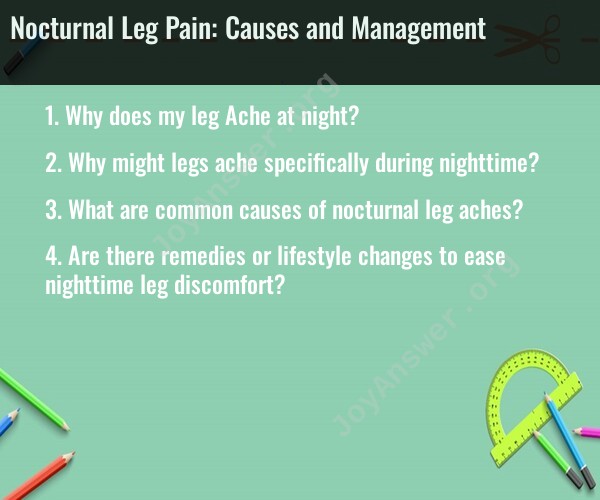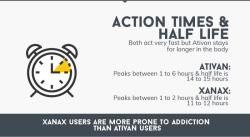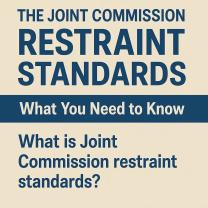Why does my leg Ache at night?
Nocturnal leg pain, or leg pain that occurs primarily at night, can have various causes. Identifying the underlying reason for your leg pain is important for appropriate management. Here are some common causes of nocturnal leg pain and potential management strategies:
Restless Leg Syndrome (RLS): RLS is a neurological disorder characterized by an irresistible urge to move the legs, often accompanied by uncomfortable sensations such as tingling or crawling. Symptoms typically worsen at rest and during the evening or nighttime. Management may involve lifestyle changes, medications, or addressing underlying conditions.
Peripheral Artery Disease (PAD): PAD is a condition in which there's a buildup of plaque in the arteries, leading to reduced blood flow, especially in the legs. Pain or cramping, known as claudication, may occur during physical activity or at rest. Management includes lifestyle changes, medications, and sometimes surgical interventions.
Muscle Cramps: Cramping in the legs, often due to dehydration, mineral deficiencies, or overuse of muscles, can lead to nocturnal leg pain. Staying hydrated and maintaining proper nutrition may help.
Venous Insufficiency: Poor blood flow in the veins, often due to weakened valves, can result in venous insufficiency. Symptoms may include pain, swelling, and aching, which can be more noticeable at night. Compression stockings and lifestyle changes may be recommended.
Neuropathy: Nerve damage, as seen in conditions like diabetic neuropathy, can cause pain, tingling, or burning sensations in the legs. Controlling underlying conditions and medications to manage neuropathic pain may be prescribed.
Orthopedic Issues: Conditions like osteoarthritis or sciatica can cause leg pain, especially when lying down. Physical therapy, pain management, and, in some cases, surgery may be options.
Medication Side Effects: Some medications may cause leg pain as a side effect. If you suspect your medications, consult your healthcare provider to explore alternative options.
Inflammatory Conditions: Conditions such as arthritis or tendonitis can cause pain, particularly at night. Anti-inflammatory medications, physical therapy, and lifestyle modifications may be recommended.
Pregnancy: Leg cramps and pain are common during pregnancy, especially in the later stages. Maintaining proper hydration and stretching may help alleviate symptoms.
Stress and Anxiety: Psychological factors can contribute to muscle tension and pain. Stress management techniques, relaxation exercises, and addressing underlying mental health concerns may be beneficial.
If you are experiencing persistent or severe nocturnal leg pain, it's crucial to consult with a healthcare professional. They can conduct a thorough examination, order relevant tests, and determine the specific cause of your symptoms. Treatment will depend on the underlying condition and may involve a combination of lifestyle changes, medications, and other interventions tailored to your specific situation.
Why might legs ache specifically during nighttime?
There are a few reasons why legs might ache specifically during nighttime. One possibility is that the muscles are more likely to cramp when they are at rest. This is because the muscles are not getting the same level of blood flow and oxygen that they do during the day. Additionally, the body's natural temperature regulation system is less active at night, which can lead to muscle stiffness and pain.
Another possibility is that the pain is caused by an underlying medical condition, such as arthritis, restless legs syndrome, or peripheral artery disease. If you are experiencing regular nighttime leg pain, it is important to see a doctor to rule out any underlying medical conditions.
What are common causes of nocturnal leg aches?
Muscle cramps: Muscle cramps are the most common cause of nocturnal leg pain. They are often caused by dehydration, electrolyte imbalance, or muscle fatigue. Muscle cramps can occur in any muscle in the body, but they are most common in the legs. They are characterized by a sudden, sharp pain that can last for several minutes.
Restless legs syndrome (RLS): RLS is a neurological disorder that causes an uncontrollable urge to move the legs, especially at night. This can lead to leg pain, tingling, and difficulty sleeping. RLS is often worse at night, when the body is at rest. It can be caused by a number of factors, including pregnancy, iron deficiency, and certain medications.
Arthritis: Arthritis is a condition that causes inflammation of the joints. It can affect any joint in the body, including the legs. Arthritis can cause pain, stiffness, and swelling in the legs, especially at night.
Bone fractures: Bone fractures can cause pain in the affected area, especially at night. Bone fractures can be caused by a number of factors, such as accidents, sports injuries, or osteoporosis.
Nerve compression: Nerve compression can cause pain, numbness, and tingling in the legs. It can be caused by a number of factors, such as a herniated disc or a pinched nerve.
Are there remedies or lifestyle changes to ease nighttime leg discomfort?
There are a few remedies and lifestyle changes that can help to ease nighttime leg discomfort. Some of the most effective methods include:
Stretching: Stretching the muscles in the legs before bed can help to prevent muscle cramps.
Staying hydrated: Dehydration can contribute to muscle cramps, so it is important to stay hydrated throughout the day.
Taking warm baths or showers: Warm baths or showers can help to relax the muscles and relieve pain.
Using a heating pad or ice pack: A heating pad can help to relax sore muscles, while an ice pack can help to reduce swelling and pain.
Taking over-the-counter pain relievers: Over-the-counter pain relievers, such as ibuprofen or acetaminophen, can help to relieve pain and inflammation.
Specific tips for alleviating nighttime leg discomfort:
If you wake up with leg cramps, try stretching the affected muscle. You can also try massaging the muscle or applying a heating pad.
If you have RLS, try taking over-the-counter pain relievers or prescription medications. You can also try exercising regularly and avoiding caffeine and alcohol before bed.
If you have arthritis, talk to your doctor about treatment options. There are a number of medications and therapies that can help to reduce pain and inflammation.
If you have a bone fracture, it is important to see a doctor immediately. They will need to set the fracture and prescribe medication to manage the pain.
If you have nerve compression, talk to your doctor about treatment options. There are a number of medications and therapies that can help to reduce pain and inflammation.
By following these tips, you can help to alleviate nighttime leg discomfort and improve your sleep quality.
Here are some additional tips that may be helpful:
Wear comfortable shoes and socks during the day.
Avoid sitting or standing for long periods of time.
Get regular exercise, but avoid exercising too close to bedtime.
Create a relaxing bedtime routine that helps you wind down before bed.
If you are overweight or obese, losing weight can help to reduce leg pain.
If you are experiencing nighttime leg pain, it is important to see a doctor to rule out any underlying medical conditions.












